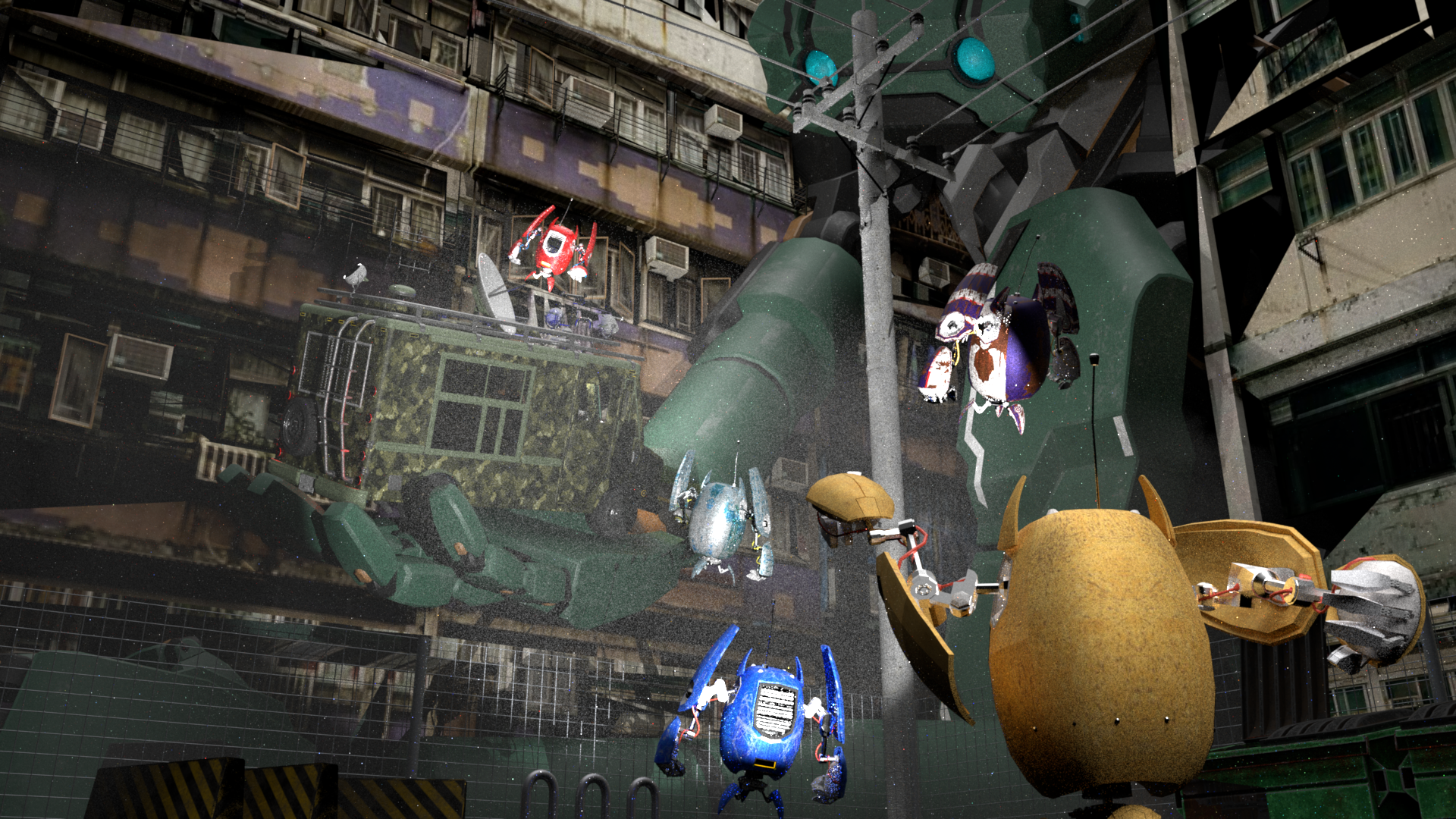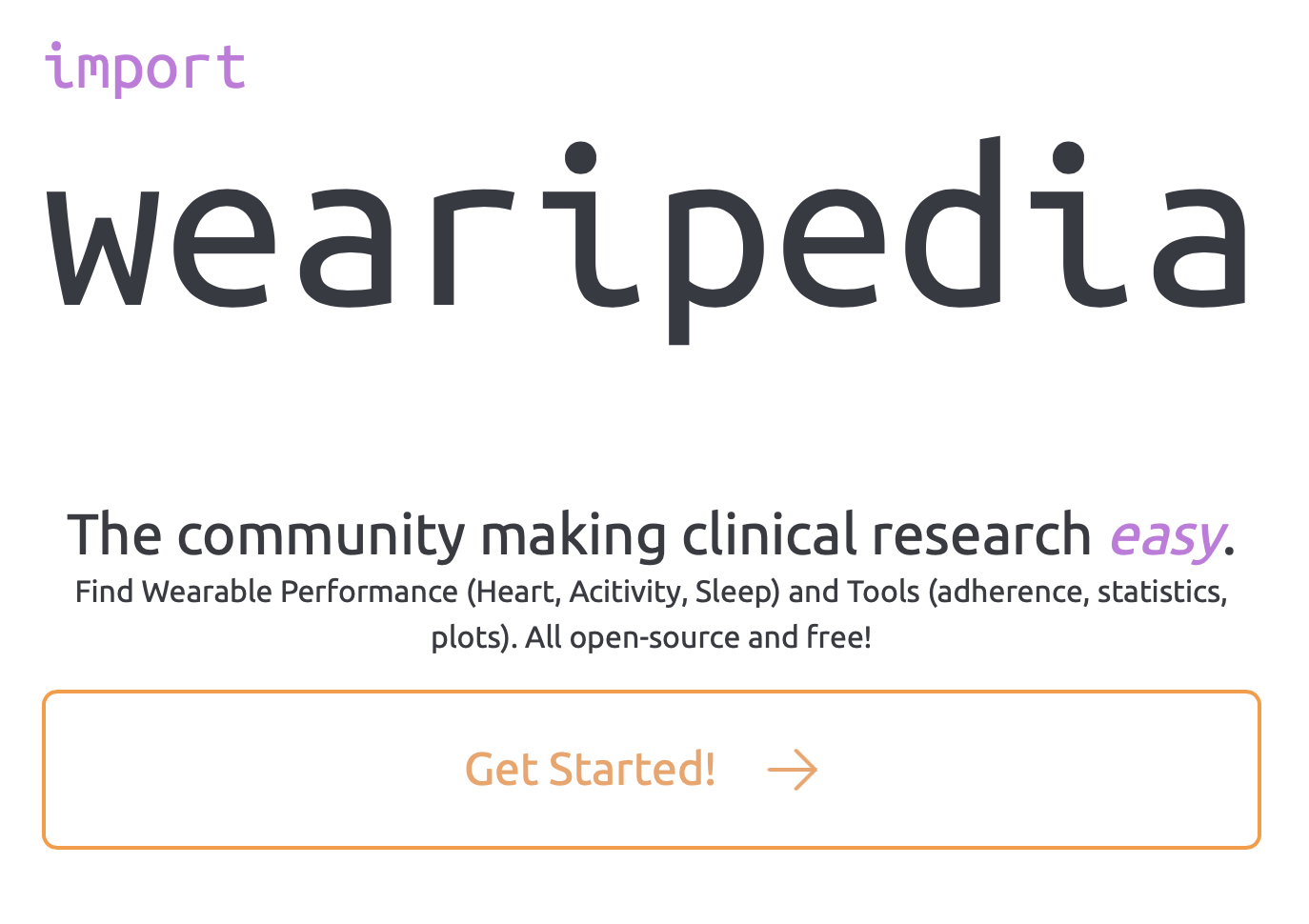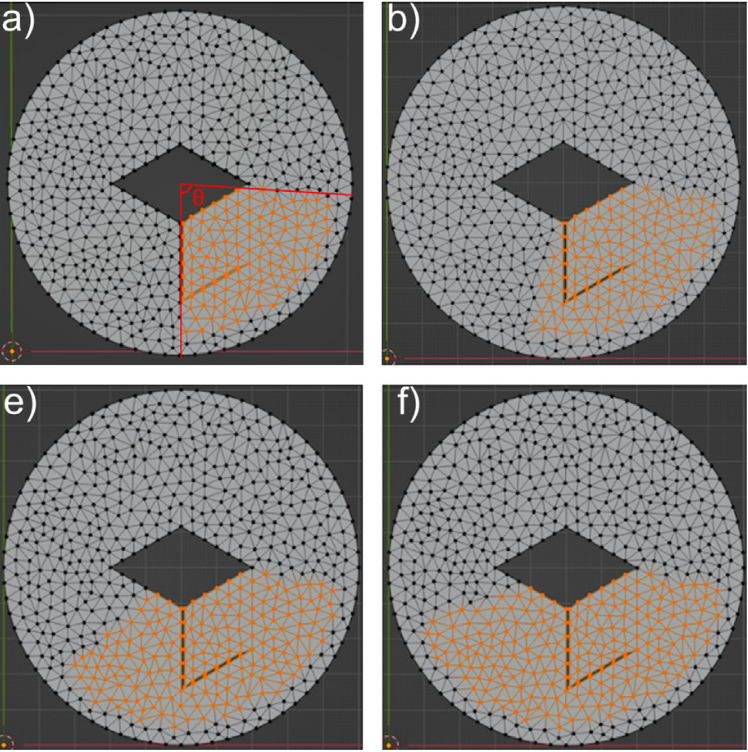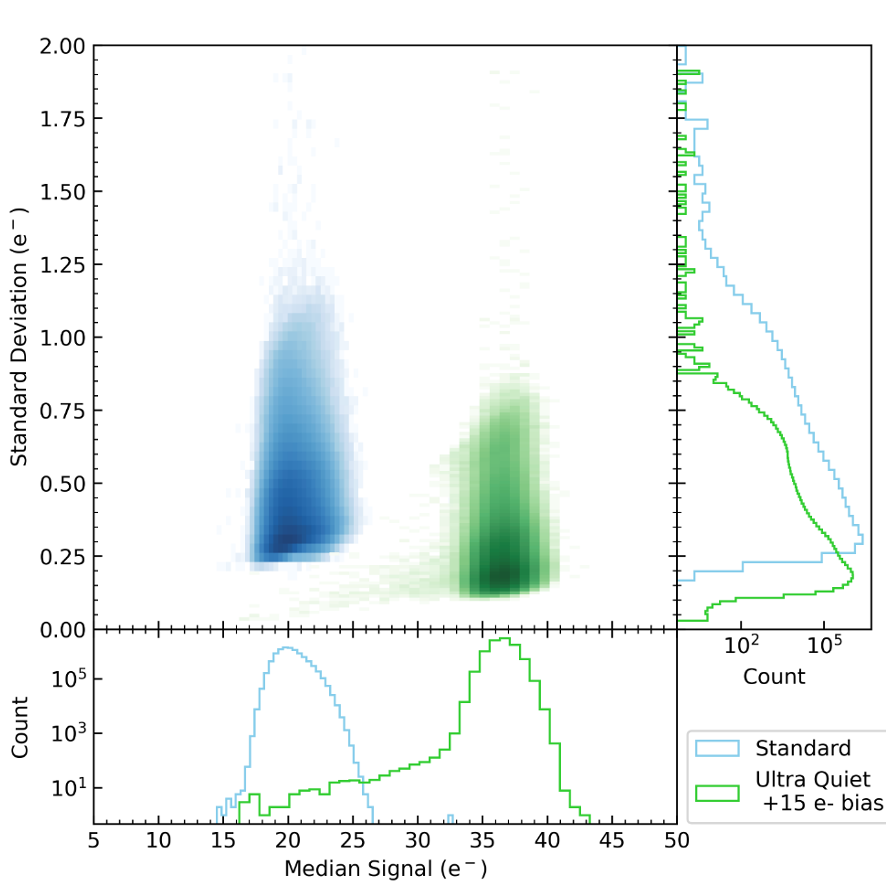Allison (Tsz Kwan) Lau
Grüezi 👋 !
I am a Master's student in computer science at ETH Zurich, where I aspire to work on research problems in rendering or physics-based animations. I am currently also a research engineer at Vocadian. I did my undergraduate studies in physics and computer science at the University of Toronto, under the supervision of Prof. Rahul Krishnan.
Projects

Plover Renderer
A physically-based renderer written in modern C++20, featuring Monte Carlo light transport, BVH acceleration with optional Intel Embree support, and a clean extensible architecture, inspired by Nori. Designed as a learning project to explore renderer design and ray tracing techniques. Work WIP since Dec 2025!
Professional Work
[0] Personalized Adaptation via In-Context Preference Learning
Allison Lau, Younwoo Choi, Vahid Balazadeh, Keertana Chidambaram, Vasilis Syrgkanis, Rahul Krishnan
NeurIPS 2024 Workshop on Adaptive Foundation Models
We introduce the Preference Pretrained Transformer (PPT), a method for adaptive personalization using online user feedback. PPT combines offline training with a history-dependent loss and online adaptation through in-context learning to dynamically align with individual preferences.

[1] The Wearipedia Project: a free and open-source resource for understanding and using wearables in decentralized clinical trials
Alexander Johansen, Kyu Hur, Jack Hung, Rodrigo Castellon, Tristan Peng, Stephanie Ren, Renee White, Chanyeong Park, Allison Lau, Saarth Shah, Hee Jung Choi, William Wang, Pann Sripitak, Mohamed Elhusinni, Michael Snyder
MedRXiv
We aimed to build a resource for clinical researchers to select the best device for their research study, and programming tools to facilitate wearable research.

[2] Analyzing the effect of undermining on suture forces during simulated skin flap surgeries with a three-dimensional finite element method
Wenzhangzhi Guo, Allison Lau, Joel C. Davies, Vito Forte, Eitan Grinspun, Lueder Alexander Kahrs
EG VCBM 2024
We developed a 3D mesh generation pipeline to model skin flap surgeries and systematically explored variations in undermining regions. We conducted suture force and suture line analyses to assess outcomes across these regions, and vsualized skin flap procedures using personalized 3D face scans for enhanced patient-specific planning.

[3] Beyond CCDs: Characterization of sCMOS detectors for optical astronomy
Aditya Khandelwal, Sarik Jeram, Ryan Dungee, Albert W.K. Lau, Allison Lau, Ethen Sun, Phil Van-Lane, Shaojie Chen, Aaron Tohuvavohu, Ting S. Li
SPIE Astronomical Telescopes + Instrumentation 2024
We highlight the suitability of sCMOS detectors for space imaging, evaluating detectors like the Teledyne Prime 95B for wide fields and Hamamatsu Orca-Quest for deep-sky imaging, which demonstrated exceptional performance and low noise levels.

News
- 25' Sep 15:: I started my master's at ETH Zurich!
- 24' Dec 10:: I am in Vancouver for NeurIPS! I'll be presenting a poster on Dec 14 (Sat) at 4:30-5:30pm: Personalized Adaptation via In-Context Preference Learning @ AFM
